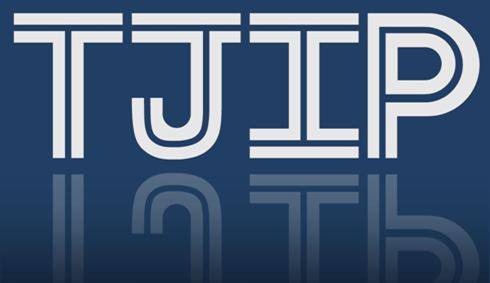[Reporters Peng Hui-ming and Chen Yu-hsiang/Taipei Report]
Tech giant HTC (2498) dropped a bombshell yesterday (23rd), announcing an agreement with Google. Google will acquire part of HTC’s XR R&D team and a non-exclusive license to its XR intellectual property (IP) for US$250 million (approximately NT$8.2 billion). The deal is expected to be completed as early as this quarter and contribute NT$9.83 to HTC’s earnings per share (EPS).
This marks HTC’s second major transaction with Google, following its 2017 sale of approximately 2,000 smartphone R&D staff and licensing patents to Google for US$1.1 billion (around NT$33 billion at the time). HTC’s stock on the Taiwan Stock Exchange has performed strongly, surging more than 30% from a low of NT$45.3 on the 13th to close at NT$59.2 on the 22nd.
HTC announced the significant development yesterday, with General Counsel Lu Chia-te explaining the details of the transaction with Google. Lu emphasized that this agreement will further strengthen HTC’s strategy for continuous development within the XR ecosystem, streamline its product portfolio, and support the expansion of its VIVE footprint. He assured that HTC will continue to launch XR-related products and remain a key player in the XR market. Additionally, both parties will explore future collaboration opportunities.
Google issued a press release stating that Taiwan has been its largest hardware R&D base outside of its U.S. headquarters since 2021, serving as a strategic hub for global tech development. With the completion of this agreement, Google will continue to expand its presence in Taiwan, working with its global hardware and software teams to advance long-term AI-First products, services, and ecosystems.
HTC noted that this agreement will assist Google in fulfilling its commitment to the Android XR platform, accelerate the development of headset and glasses ecosystems, and further support the XR industry. The transfer of HTC’s XR technical team members to Google will also help Google achieve its goal of establishing an innovative and technical base in Taiwan.
Lu stated that the transaction is subject to the fulfillment of preconditions stipulated in the agreement and is expected to close this quarter. Regarding XR intellectual property, he clarified that the non-exclusive license does not involve a buyout, allowing HTC to continue using or developing the technology in the future.
It has been rumored that about one-third of HTC’s workforce, primarily senior-level staff, will join Google after the deal. However, HTC responded that both parties have signed a confidentiality agreement and cannot disclose the number or proportion of personnel involved.
Analysts view this move as HTC “slimming down,” which will significantly reduce personnel costs while generating income from patent licensing, thereby alleviating its immediate operational challenges. However, without identifying a new development direction, the company’s long-term prospects may remain uncertain.
As of Q3 last year, HTC had recorded losses for 26 consecutive quarters. Analysts estimate that the company likely remained unprofitable in Q4. If the transaction is successfully completed and reflected in Q1’s financial statements, HTC may finally end its streak of losses.
[2025-01-24/Economic Daily News/A3]

Taiwan TJIP International Patent Trademark Firm
國際專利商標事務所
Taiwan TJIP International Patent Trademark Firm

Taiwan TJIP International Patent Trademark Firm
國際專利商標事務所
Taiwan TJIP International Patent Trademark Firm